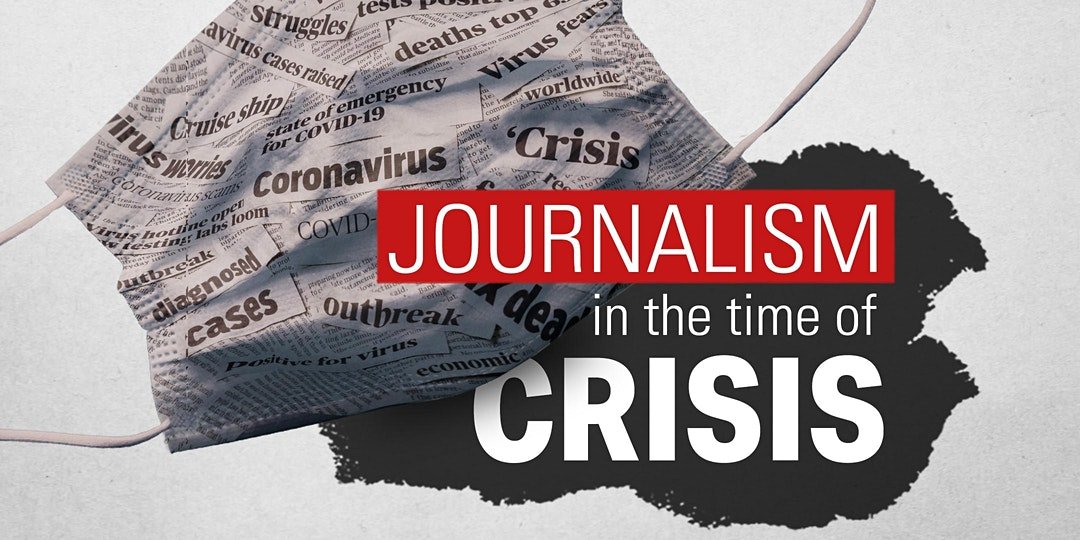Unpaid Journalists: The Silent Crisis in Media
_6gEs024m08.jpg)
In the realm of a free and thriving democracy, journalism has long been regarded as the fourth estate, an essential pillar supporting the edifice of governance. Yet, beneath the facade of a free press and democratic ideals, a troubling issue has emerged, one that threatens not only the livelihoods of dedicated journalists but the very essence of the media itself: unpaid salaries. In Nepal, journalists in recent days are finding themselves facing a grave injustice - months of unpaid wages that inflict profound suffering on their families and lives. The irony is that this neglect often comes from media organizations themselves, institutions whose primary duty is to disseminate information and uphold the tenets of transparency and accountability.

Journalism is more than just a profession; it is a vocation, a calling that demands unwavering commitment and, quite often, a willingness to put oneself in harm's way to uncover the truth. Journalists serve as watchdogs, exposing corruption, injustice, and the abuse of power. In doing so, they play a pivotal role in safeguarding democracy. However, the failure to pay journalists for their invaluable work sends a dire message: that the very institutions entrusted with upholding democracy are undermining the democratic values they purport to protect. Journalists work tirelessly to shine a light on the darkest corners of society, but they are now finding themselves pushed into the shadows of financial insecurity.

The repercussions of unpaid wages are far-reaching. Families of journalists who have not received salaries for several months are forced to endure financial strain, unable to meet their basic needs. Journalists themselves grapple with stress, anxiety, and, in some cases, a sense of betrayal from the industry they love. These conditions not only compromise the quality of journalism but also endanger the mental and emotional well-being of those who practice it. Media companies, too, are not immune to the consequences of this crisis. In the long run, unpaid journalists may lose motivation and even leave the profession altogether, leading to a loss of experienced talent.
_ELDu9Po6ly.jpg)
Furthermore, tarnished reputation can damage a media organization's credibility and standing in the eyes of the public. To address this crisis, it is imperative for media organizations, governments, and civil society to take decisive action. Media companies must prioritize paying their employees promptly, recognizing the vital role journalists play in society. Governments should enforce labor laws and create mechanisms to ensure fair compensation for journalists. Civil society can raise awareness about this issue and advocate for the rights of journalists.

In conclusion, the plight of unpaid journalists is a grave concern that strikes at the heart of democracy itself. The fourth estate, an essential pillar of democratic governance, cannot stand if its own practitioners are left unpaid and unsupported. It is high time for all stakeholders to recognize the importance of journalism, not just in words but in actions, by ensuring that journalists receive the compensation they deserve, for they are the guardians of truth in our society.



Leave Comment